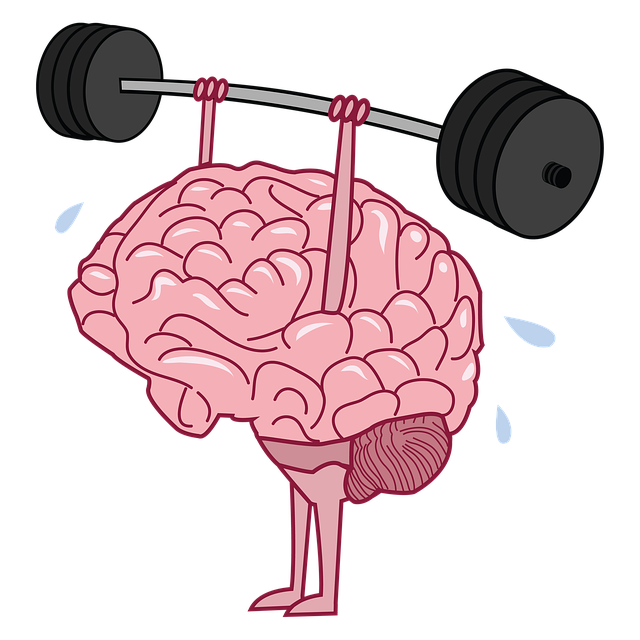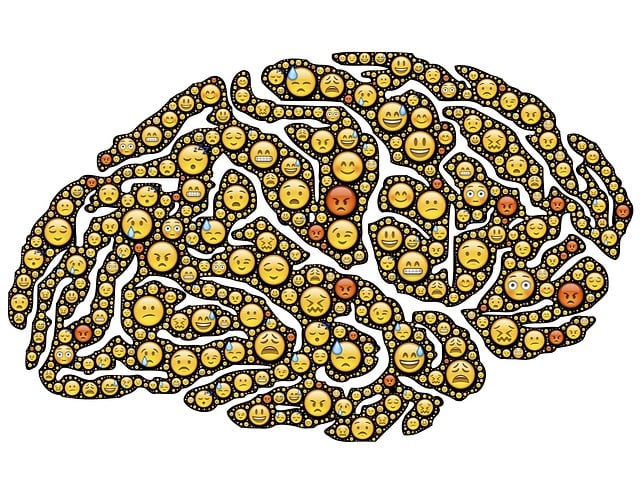Emotional intelligence (EI) is a powerful tool for creating healthier workplaces by addressing superior workplace issues like high pressure, unrealistic expectations, and lack of social support. Through mindfulness meditation, positive thinking, active listening, constructive feedback, anxiety relief training, and conflict resolution techniques, organizations can foster EI development. This strategic approach enhances communication, empathy, problem-solving, employee well-being, job satisfaction, productivity, and builds resilient, cohesive teams capable of navigating challenges while promoting a supportive organizational culture and work-life balance.
Emotional intelligence (EQ) is transforming work environments into thriving, cohesive spaces. Understanding EQ involves recognizing its role as a cornerstone for fostering healthy interactions and managing superior workplace issues and job stress therapy. This article delves into three key aspects: deciphering EQ’s fundamentals, employing strategies to overcome stressors, and cultivating a supportive culture through training for lasting positive change in the face of job-related challenges.
- Understanding Emotional Intelligence: The Foundation for a Healthy Work Environment
- Identifying and Overcoming Workplace Stressors with EQ Strategies
- Creating a Supportive Culture: Training and Practice for Long-Term Success in Job Stress Therapy
Understanding Emotional Intelligence: The Foundation for a Healthy Work Environment

Emotional intelligence (EI) is a cornerstone for fostering a healthy work environment and addressing superior workplace issues and job stress therapy. It involves recognizing, understanding, managing, and effectively utilizing emotions—both one’s own and those of others. In the fast-paced, high-pressure world of work, individuals with strong EI skills are better equipped to navigate complex interpersonal dynamics, defuse conflicts, and build positive relationships. This, in turn, contributes to increased job satisfaction, productivity, and overall well-being among employees.
By promoting practices like mindfulness meditation and cultivating positive thinking, organizations can encourage the development of emotional intelligence. These strategies help individuals become more attuned to their own emotional states and those of their colleagues, leading to improved communication, empathy, and problem-solving abilities. In essence, investing in emotional intelligence is not just about enhancing employee happiness; it’s a strategic move towards creating a resilient, cohesive, and productive work environment that can weather any storm.
Identifying and Overcoming Workplace Stressors with EQ Strategies

In today’s fast-paced work environments, emotional intelligence (EQ) strategies have emerged as a powerful tool for identifying and overcoming workplace stressors. By fostering empathy building strategies, professionals can navigate complex interpersonal dynamics more effectively, leading to improved team collaboration and reduced job stress. Mental health policy analysis and advocacy play a crucial role in creating supportive systems that encourage open discussions about mental illness stigma reduction efforts.
Superior workplace issues often stem from a combination of high-pressure situations, unrealistic expectations, and lack of social support. EQ strategies, such as active listening and constructive feedback, help individuals recognize and manage their emotions during challenging times. This not only benefits the employee’s well-being but also contributes to a healthier organizational culture where mental health is prioritized alongside performance metrics. By integrating these approaches, workplaces can transform from stressful environments into supportive communities that promote both professional and personal growth.
Creating a Supportive Culture: Training and Practice for Long-Term Success in Job Stress Therapy

In today’s fast-paced work environment, creating a supportive culture is essential for managing superior workplace issues and job stress therapy. Organizations that prioritize employee well-being are better equipped to handle anxiety relief, conflict resolution techniques, and enhancing communication strategies. Training programs focused on emotional intelligence can foster an atmosphere where individuals feel safe to express their feelings and concerns openly, thereby reducing workplace tensions and promoting a healthy work-life balance.
Regular practice of these initiatives ensures long-term success in job stress therapy. By integrating anxiety relief techniques into daily routines, employees can manage stress more effectively. Moreover, conflict resolution techniques and open communication strategies help in resolving disagreements swiftly, minimizing their impact on mental health. This holistic approach not only improves individual satisfaction but also boosts productivity and overall organizational culture.
Emotional intelligence (EQ) is a powerful tool for fostering a healthy, productive, and supportive work environment. By understanding and managing emotions, individuals can better navigate superior workplace issues and job stress therapy. Implementing EQ strategies to identify and overcome stressors not only enhances employee well-being but also drives organizational success. Through continuous training and practice, organizations can create a culture that prioritizes emotional awareness, leading to improved mental health, increased engagement, and greater overall productivity.











